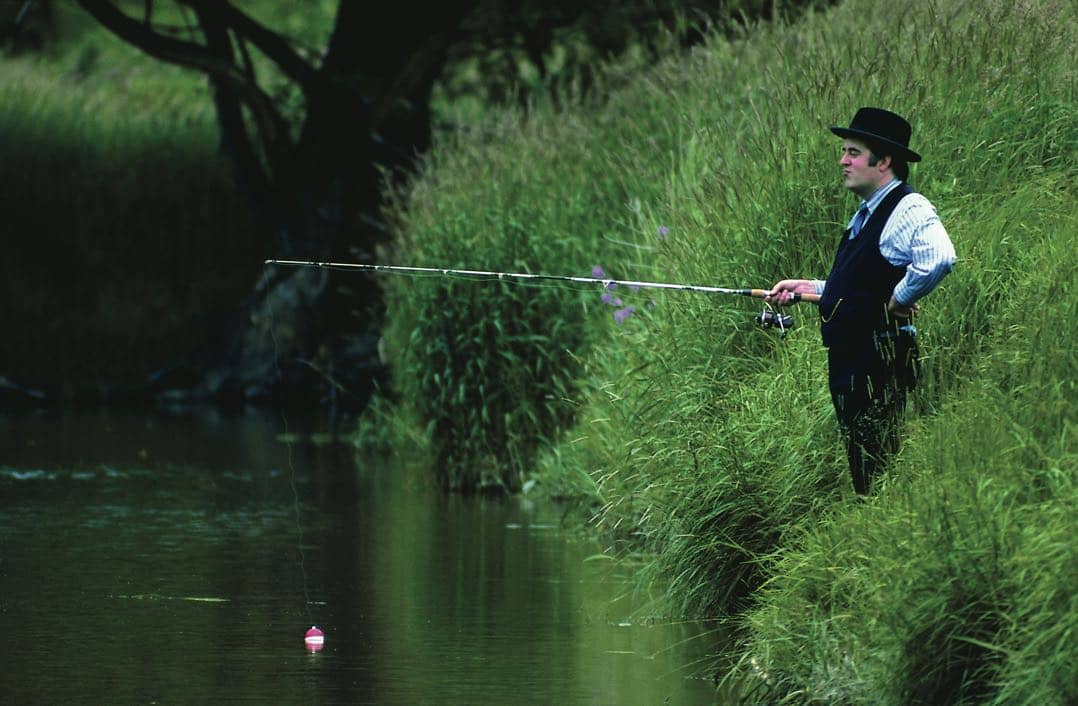
The unique spell of forced leisure imposed by Covid notwithstanding, it is a truth universally acknowledged that we lack sufficient leisure. We lead busy lives and wish that this were less the case. When considering why, the obvious initial answer is that our economic conditions bar us from leisure. We would like to work less, but working more is an economic necessity.
This is a convenient answer because it places the blame outside of ourselves. Rather than admitting any agency in the matter, we blame external necessities. Although economic necessity likely explains some of our lack of leisure, I do not think we should let ourselves off the hook so easily. If economic conditions were the only, or even primary, explanation, how do we explain the wealthy working longer hours than any other class? Also thinking more broadly, the middle and even the working classes in postindustrial nations lead lives of material convenience and comfort that would arouse the envy of the leisured gentry of centuries past. So, why do we continue to work as much as we do, to continue to seek economic advancement? Why not trade some of those economic gains for greater leisure? Is it simply greed?
Whereas the economic explanation lets us off the hook too easily, the greed explanation is unjustly harsh. Instead, I would like to examine the principled reasons for working when we could be leisured. The principled account has the advantage of explaining the moral guilt we feel when we are idle. We feel guilty when we are not useful, even when the putative usefulness is non-economic, such as re-organizing the garage or mowing the lawn when it’s grown another inch.
Denne historien er fra February/March 2021-utgaven av Philosophy Now.
Start din 7-dagers gratis prøveperiode på Magzter GOLD for å få tilgang til tusenvis av utvalgte premiumhistorier og 9000+ magasiner og aviser.
Allerede abonnent ? Logg på
Denne historien er fra February/March 2021-utgaven av Philosophy Now.
Start din 7-dagers gratis prøveperiode på Magzter GOLD for å få tilgang til tusenvis av utvalgte premiumhistorier og 9000+ magasiner og aviser.
Allerede abonnent? Logg på

Metaphors & Creativity
Ignacio Gonzalez-Martinez has a flash of inspiration about the role metaphors play in creative thought.

Medieval Islam & the Nature of God
Musa Mumtaz meditates on two maverick medieval Muslim metaphysicians.

Robert Stern
talks with AmirAli Maleki about philosophy in general, and Kant and Hegel in particular.

Volney (1757-1820)
John P. Irish travels the path of a revolutionary mind.

IT'S A WONDERFUL LIFE
Becky Lee Meadows considers questions of guilt, innocence, and despair in this classic Christmas movie.

"I refute it thus"
Raymond Tallis kicks immaterialism into touch.

Cave Girl Principles
Larry Chan takes us back to the dawn of thought.

A God of Limited Power
Philip Goff grasps hold of the problem of evil and comes up with a novel solution.

A Critique of Pure Atheism
Andrew Likoudis questions the basis of some popular atheist arguments.

Exploring Atheism
Amrit Pathak gives us a run-down of the foundations of modern atheism.